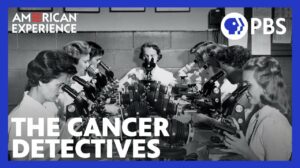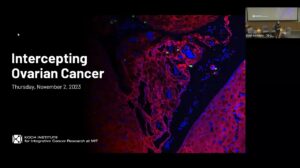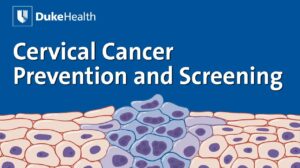NEW YORK (Reuters Health) – Adding gemtuzumab ozogamicin (GO) to induction chemotherapy improved survival in older patients with acute myeloid leukemia (AML), with no apparent additional toxicity, in a new randomized study in more than 1,000 patients.
GO yielded a significant benefit in overall survival, which was the primary endpoint: 35% vs 29% at two years, and 25% vs 20% at three years; p=0.05). The benefit was not restricted to any specific subset.
Three-year cumulative relapse incidence was 68% with GO plus standard induction chemotherapy, compared to 76% without GO (p=0.007), according to Dr. Alan K. Burnett of Cardiff University School of Medicine in Wales and his colleagues.
“It’s not a cure of AML, but it’s a step in the right direction,” Dr. Burnett told Reuters Health. Over the past two decades, there has been little improvement in survival for older AML patients, his team wrote July 30 in the Journal of Clinical Oncology.
GO is a humanized anti-CD33 antibody linked to a highly toxic chemotherapeutic agent, N-acetyl gamma calicheamicin. Most AML patients express CD33, although the receptor is not leukemia-specific.
Pfizer voluntarily withdrew GO from the U.S. market in 2010, after a trial in younger patients found no overall survival benefit and worse overall mortality. The drug had been marketed as Mylotarg; patients had received a single 6 mg/m² dose.
In an open label trial reported that year, involving 1,113 AML patients, Dr. Burnett and colleagues found that a 3 mg/m² dose improved survival in 70% of patients and was also beneficial in patients over 60. Those findings prompted them to undertake the current trial, using the same dose of GO in older AML patients.
They randomly assigned patients with AML or high-risk myelodysplastic syndrome to receive induction chemotherapy only (with daunorubicin/ara-C or daunorubicin/clofarabine) or induction chemotherapy plus GO. Patients ranged in age from 51 to 84; half of them were over 67.
Relapse-free survival was 21% for the GO group and 16% for the non-GO group (p=0.04).
There was no difference between the groups in deaths in remission, and no major increase in toxicity with GO.
When the researchers pooled the data from this study with the results of their previous trial in 2,228 patients, they found an 18% lower risk of relapse (p=0.002) and 12% improved survival (p=0.02) with GO.
Dr. Burnett noted that in the UK, Pfizer has been making GO available on a compassionate basis. Based on his findings, as well as those of a French trial that also found some benefit in AML, he added, “there’s quite a body of evidence that this is probably doing some patients some good.”
SOURCE:
Addition of Gemtuzumab Ozogamicin to Induction Chemotherapy Improves Survival in Older Patients With Acute Myeloid Leukemia
J Clin Oncol 2012.




